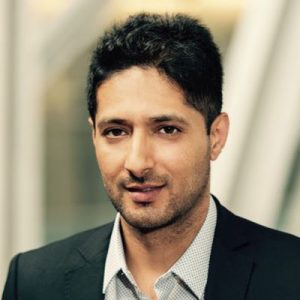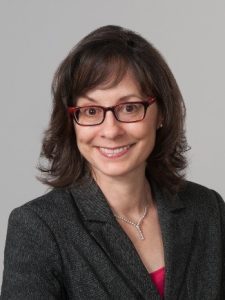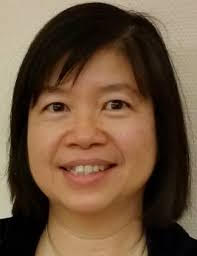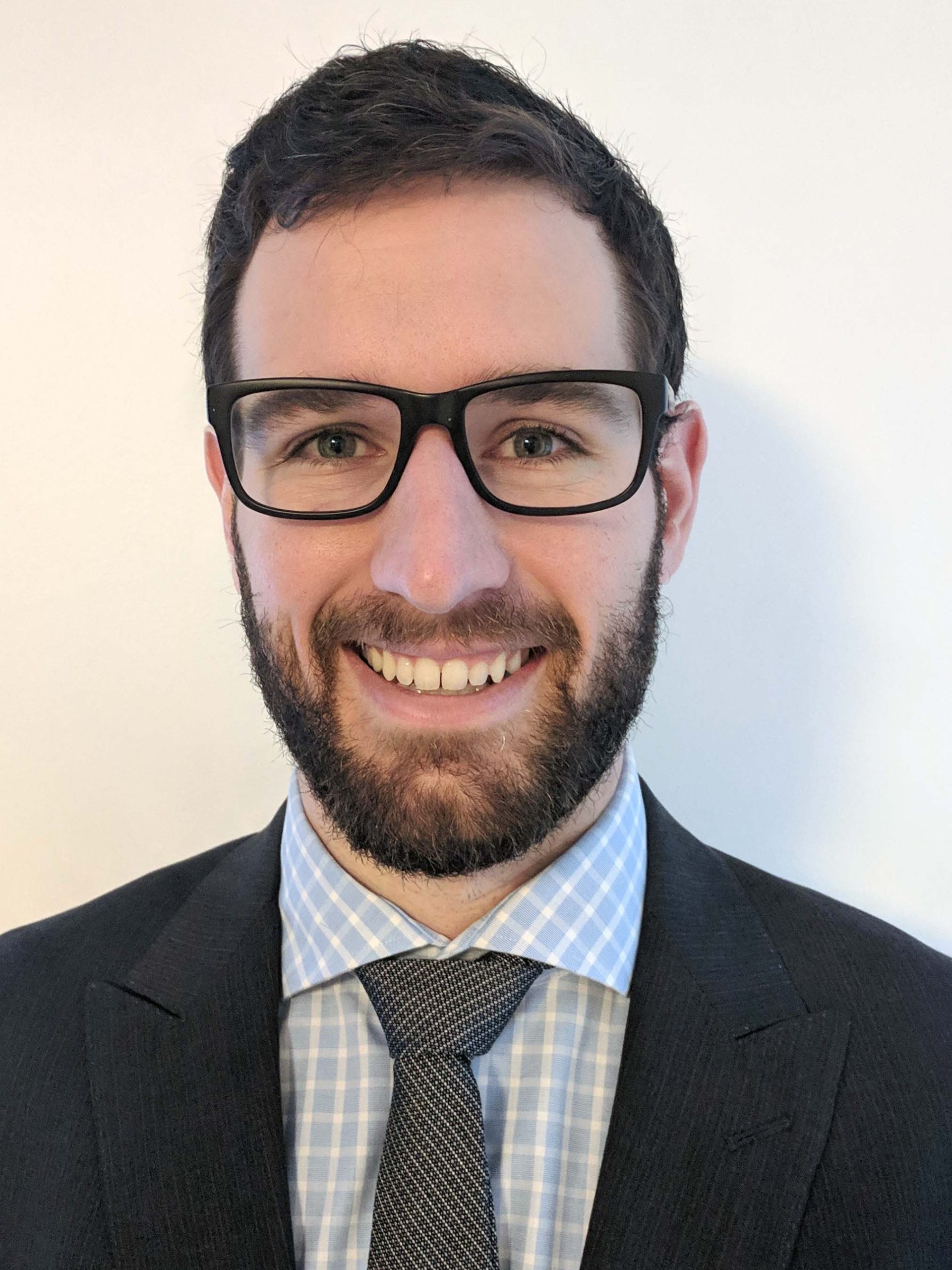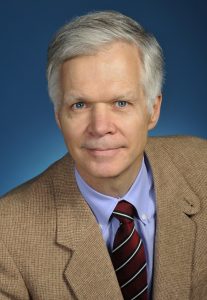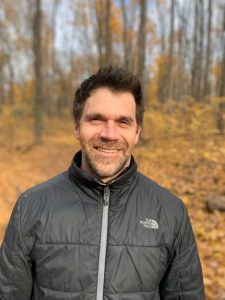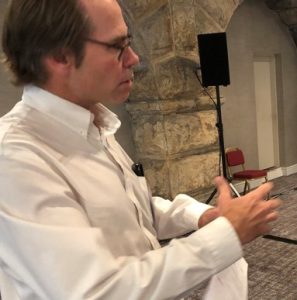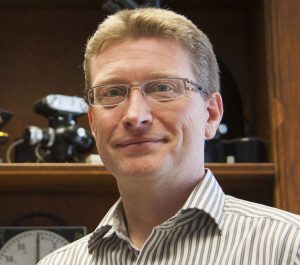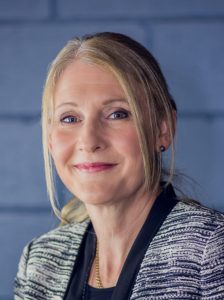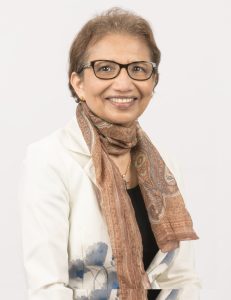Keynote Speakers for CCTC 2023
Dr. Mohit Kapoor
Dr. Kapoor is the Co-Director of the Schroeder Arthritis Institute (the largest multidisciplinary, Arthritis Institute in Canada) that integrates clinical care, education and research. He is the Tony and Shari Fell Platinum Chair in Arthritis Research. He is also the Canada Research Chair (Tier 1) and Professor of Orthopedic Surgery at the University of Toronto. Dr. Kapoor’s translational research program is directed towards: (1) Understanding the complex cellular and molecular mechanisms associated with joint destruction during osteoarthritis; (2) Identifying reliable biomarkers for early identification of patients
with osteoarthritis to enable early intervention; (3) Identifying novel therapeutic targets to stop/delay osteoarthritis and restore joint function. His research program is funded by various organizations including the Canadian Institute of Health Research (CIHR), Canada Research Chairs Program, Canadian Foundation for Innovation (CFI), Natural Sciences and Engineering Research Council of Canada (NSERC), The Krembil Foundation, The Arthritis Society, Stem Cell Network, etc. He sits on review panels & boards of various research and funding organizations across the globe. He has over 100 research publications in high ranked scientific journals including Nature Medicine, Science Translational Medicine, Nature Reviews Rheumatology, Annals of The Rheumatic Diseases, etc.
Dr. Caroline Hoemann
Dr. Hoemann (Ph.D.,MIT 1992), was Director of Cartilage Repair in a Montreal-based Biotech company for 5 years, where she co-invented and helped translate BST-CarGel®, a biomaterial device for articular cartilage repair, to the clinic. Supported by fellowships from the Canadian Arthritis Network and Fonds de Recherche Québec Santé, she transitioned back to academics to develop a research program centered on understanding the role of surgical wounding and biomaterial-induced inflammation in bone and cartilage repair at Polytechnique Montréal (2002-2017) after which she took a position in the Department of Bioengineering at George Mason University. Her laboratory is investigating how biomaterials interface with the innate immune system to drive tissue remodeling and regeneration. Her team is currently studying the role of thromboinflammation arthritis and acute respiratory distress syndrome, and is developing a novel cultured blood clot precision medicine tool that can be used to monitor personalized drug-induced immune responses. Another area of research is using scanning acoustic microscopy, an ultrasound imaging technique, to study how post-traumatic knee injury initiates remodeling of the cartilage-bone interface. Dr. Hoemann has over 80 peer-reviewed manuscripts, 7 book chapters, 8 patent applications (5 granted), serves on editorial boards of Cartilage and OA&C Open, is a Fellow of the ICRS and ICORS, and co-founder of Chitogenx, a company specializing in regenerative medicine in Orthopedics.
Dr. May Griffith
Dr. Griffith is a member of the Institute of Biomedical Engineering, Université de Montréal, and the Maisonneuve-Rosemont Hospital Research Centre. She holds the Canada Research Chair in Biomaterials and Stem Cells in Ophthalmology and Caroline Durand Foundation Research Chair in Cellular Therapy of the Eye. MG is known for pioneering work in translational regenerative medicine and in situ tissue regeneration. In a human clinical trial, she and her multinational, multidisciplinary team developed the world’s first cell-free biosynthetic corneal implants that promoted human corneal tissue and nerve regeneration. Since then, she completed a second clinical trial on patients at high risk for graft failure, incorporating an inflammation-suppressing polymer network into her biomaterials. MG and her team are working on injectable hydrogels that are applied as a liquid but quickly adhere and gel to repair tissue defects. Then its similarity at a molecular level to a natural tissue framework promotes tissue regeneration.
Dr. John Walker
Dr. Walker completed his graduate training under the co-supervision of Dr. Douglas Hamilton and Dr. Lauren Flynn through the Department of Anatomy & Cell Biology at Western University. In his doctoral research, he investigated the intrinsic heterogeneity of dermal fibroblast populations and the effects of the extracellular matrix microenvironment in mediating cellular responses during wound healing using both in vitro and in vivo models. John has since continued his training as a post-doctoral fellow under the mentorship of Dr. Flynn. In his current projects, he is investigating the interaction of mesenchymal stromal cells with their environment, with a focus on their immunomodulatory and pro-angiogenic properties. He is particularly interested in understanding how these populations promote regeneration in vivo by applying interdisciplinary approaches combining biomaterials-based strategies with advanced biological characterization methods.
Dr. Chris McCulloch
Dr. McCulloch is professor of dentistry at the University of Toronto and since 1984 has contributed 335 papers, 150 presentations and 4 patents that relate to matrix biology and associated diseases of matrix disorders that affect human health. He uses animal models and cultured cells to examine and define fundamental regulatory circuits that define the function and mechanics of connective tissue matrices, particularly in the context of periodontal diseases. As a principal investigator on >30 MRC/CIHR research grants, he has developed and employed high resolution tools to define the contribution of fibroblasts in matrix remodeling in soft connective tissues. He has established a network of collaborators and trainees along with industrial partners to provide optimal support, know-how and reagents for the conduct of research focusing on how cell-matrix interactions help to define how inflammatory diseases contribute to matrix pathology.
Dr. Derek Rosenzweig
Dr. Rosenzweig is an associate professor at McGill University, Department of Surgery, and staff scientist/principal investigator at the RI MUHC Injury, Repair and Recovery Program. Dr. Rosenzweig is also an FRQS Junior 2 Research Scholar. He has a strong background in molecular pharmacology, cartilage and spine biology, biomaterials, microfluidics and additive manufacturing. His lab focuses on leveraging biofabrication, bioengineering and biophysics technology to study musculoskeletal repair and regeneration as well as building human tissue models for therapeutic screening and development in the context of bone and spine metastatic disease. He has worked on federally, provincially and industrially sponsored research programs funded through Quebec Ministère de l’Économie, de l’Innovation et de l’Énergie, iTrans Med Tech, Cancer Research Society/CHIR, AO Spine North America, New Frontiers in Research Fund, NSERC, RSBO and TheCell.
Dr. Dennis Discher
Dr. Discher began at Penn in 1996 after a PhD at UC Berkeley & UC San Francisco and following an NSF Fellowship in computational biophysics at U British Columbia and Simon Fraser Univ. His lab focused first on biophysics of membranes and polymer mimetics, and then discovered matrix elasticity effects on stem cell differentiation and nucleus mechanosensing. Recent efforts focus on mechanobiology of DNA damage and genome variation, as well as ‘self’ pathways in macrophage attack of solid tumors. He is an elected member of the US National Academy of Medicine, the US National Academy of Engineering, the American Association for the Advancement of Science, and is on the Editorial Board of Science.
Dr. Boris Hinz
Dr. Hinz is the Keenan Research Chair in Fibrosis Research at St. Michael’s Hospital and University of Toronto Distinguished Professor in Tissue Repair and Regeneration. Dr. Hinz holds a PhD degree (1998) in Cell Biology and Theoretical Biology from the University of Bonn, Germany. From 1999 to 2002, he was postdoctoral fellow with Dr. Giulio Gabbiani, University of Geneva, Switzerland and then lead a research group at the Ecole Polytechnique Fédérale de Lausanne (EPFL). In 2009, he joined the Faculty of Dentistry, University of Toronto and is cross-appointed with the institutes of Medical Sciences and Biomedical Engineering. Dr. Hinz is secretary and inaugural board member of the Canadian Connective Tissue Society since 2012. He studies the role of contractile myofibroblasts in physiological tissue repair and in causing pathological tissue fibrosis. The findings of his lab are published in top-tier journals, including Cell, Nat Mater, Nat BME, Cell Stem Cells, Nat Med., with >22,286 citations and an h-index of 67 (Scopus). He published 145 peer reviewed articles, 15 book chapters, edited 2 books, and was invited to >300 seminar and conference talks plus >350 congress abstracts. His translational research led to the creation of two startup companies specialized in anti-fibrotic coatings for silicone implants and novel “soft” cell culture devices.
Dr. Lisbet Haglund
Dr. Haglund is a basic scientist and a tenured Professor in the Department of Surgery, Division of Orthopaedic Surgery at McGill University, Montreal, Quebec, Canada. Lisbet has a strong interest in musculoskeletal research spanning from tissue injury, degeneration, and inflammation to regenerative medicine, and she has been actively involved in bone, cartilage, and intervertebral disc research throughout her career. She has developed a research program aiming to enhance our understanding of the molecular mechanisms leading to pain in spine pathology. More precisely, to develop molecular markers to follow disease state, progression, or effect of treatment, and most importantly to develop novel therapeutic interventions for painful spine conditions. Lisbet is a member of the McGill Scoliosis and Spine Group, and she is working closely with the clinical team. This has allowed her to generate an extensive cell and tissue bank of symptomatic (surgical) and non-symptomatic (organ donor) cells and tissues. Her research program is currently funded through the Canadian Institute for Health Research (CIHR), the Shriners Hospital for Children and the Arthritis Society.
Dr. Armstrong Murira
Dr. Murira is a molecular biologist with a PhD focused on bioinformatics and computational biology in HIV, a specialization that allowed him to contribute to significant research during his
postdoctoral studies, particularly within Hepatitis C. This academic foundation gave him a profound appreciation for the intricacies of biological research and the potential for
technological interventions. Transitioning from academia to the pharmaceutical industry, Armstrong immersed himself in an array of roles. His diverse experiences spanned from business analytics and development to specialized work in machine learning (ML), specifically within clinical R&D. Each role provided him with valuable insights into the multifaceted nature of the industry. His interests range from
basic, foundational research to clinical drug development. The fusion of these experiences led Armstrong to co-found Simmunome, where he currently serves as CEO. At Simmunome, he is leveraging his background in ML and bioinformatics, diving deep into biological complexities to find innovative solutions to challenges in biological and clinical R&D. Armstrong finds the work at Simmunome incredibly rewarding and is excited to
see where the team’s continued research and exploration will lead.
Dr. Anie Philip
Anie Philip is a full professor at McGill University and a Senior Scientist at the Research Institute of the McGill University Health Center. She currently serves as a Co-Director of the ‘Skin Investigators Network of Canada’ (SkIN Canada) and as a Board Member and immediate Past President of the ‘Skin Research Group of Canada’. Dr Philip’s research focuses on understanding the cellular mechanisms underlying the dysregulation of cellular signaling pathways in fibrosis, osteoarthritis, and squamous cell carcinoma. Her most significant research contributions include the discovery of CD109 as a TGF-b co-receptor and inhibitor of tissue fibrosis and as a potent promoter of squamous cell carcinoma. Dr Philip has published over 100 scientific articles and her research is supported by CIHR Project and Network grants, NSERC Discovery and Alliance grants, and FQRNT grants. She serves on the review panels of various research funding organizations in Canada, the US, and Europe.

